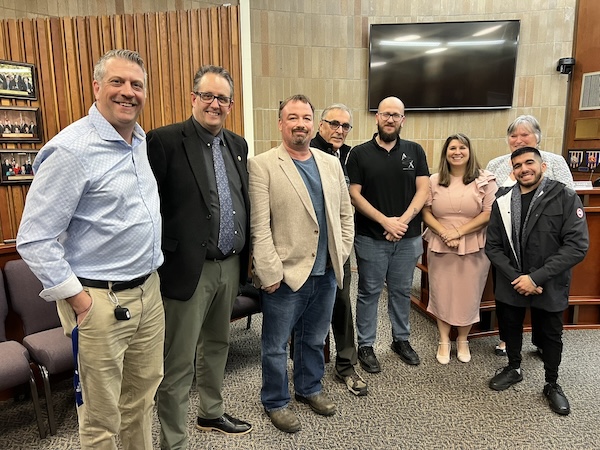Every year, the sun goes down on Yom Hazikaron, Israel’s national day of remembrance for victims of war and terrorism, and the celebratory day of independence, Yom Ha’atzmaut, begins.
It’s a stark juxtaposition. The parallel of the two national days, of course, make perfect sense historically. The country was born in war. At the moment Israel became independent, it was attacked, with the intent of annihilation, by the military forces of all neighbouring countries. As a result, it is impossible to consider or celebrate the joy of that moment – the rebirth of Jewish national self-determination after nearly 2,000 years – without considering the human costs associated with that achievement, and not only Jewish or Israeli lives, but those of peoples whose leaders have refused to accept the existence of Israel since that rebirth. While reestablishing the Jewish homeland displaced Arabs living there, whether by being forced out or told to leave by their leaders, Israel has been a home for Jews displaced from surrounding Arab countries, Russia and elsewhere.
For the average attendee arriving at Vancouver’s celebration of Yom Ha’atzmaut, it was hard to know what to expect. Given the Oct. 7 Hamas terror attacks and the ensuing war, the remembrance commemoration, 24 hours earlier, was perhaps one of the most emotional, intense and moving this community has experienced. Could the next night’s audience, many of them the same people, make the emotional transition?
Under the circumstances, the event’s planners struck an appropriate balance in what must have been among the most difficult challenges organizers of this annual event have faced.
When Israel’s early leaders set these dates consecutively, they knew the nature of their neighbourhood. They would likely have foreseen the possibility of further wars, and yet they made the decision to mark the joy of independence immediately following the somber acknowledgement of the high cost of freedom. This was not a coincidence. Nor, presumably, was it a contrast they thought appropriate only in years that are relatively calm and peaceful. They recognized that, come what may, independence and freedom would come with a cost – and the deeply conflicting emotions these realities evoke will inexorably exist together.
Like the smashing of the wine glass at a Jewish wedding, joy is never absent of grief – and grief cannot eclipse the joy brought into the world by those we lost on Oct. 7, and since. Those murdered and kidnapped that day, the soldiers who have been killed in the war and the Palestinians who have been killed in the conflict as Hamas continues to hold them and Israel hostage.
In Jewish tradition, the various markings of time after the passing of a loved one – shiva, shloshim, yahrzeit, for example – each come with their specific obligations and expectations. These periods formally guide us through process of grieving.
Unlike that relatively slow process of mourning, the closing of Yom Hazikaron and the opening of Yom Ha’atzmaut is abrupt and immediate. Life in Israel has, in some sense, condensed time, requiring a speedier processing of even life’s most challenging realities, including loss and grief.
It is often said that Israelis have been in too much of a hurry to be polite about things. Stereotypes, often accurate and amusing, portray Israelis as sharp-elbowed, impatient and determined. If there was not some truth to this, they would not have built, in a mere three-quarters of a century, one of the most extraordinary nation-states on earth – all while confronted by existential threats.
The Israelis who chose to set the remembrance day immediately before the celebration of independence must have understood that, in some years more than others, the transition from one emotion to the other would be especially difficult. Perhaps we should trust their judgment that, even in the most difficult years, the juxtaposition is both manageable and appropriate.
Noam Caplan, who lit a candle at the Yom Hazikaron commemoration and spoke about his cousin, Maya Puder, who was murdered at age 25 at the Nova music festival, remembered his cousin’s love of dancing and looked ahead to happier times.
“The Jewish people will dance again,” he said.

